Publications
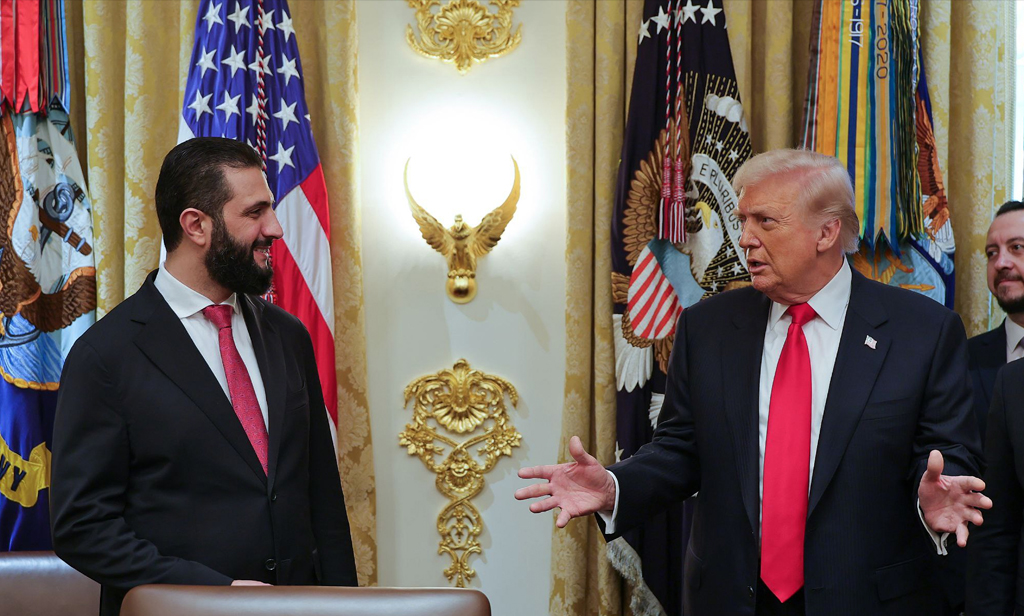
International and Global Trends
Real clear world: A former terrorist inside the white house
This article examines the unprecedented decision to welcome a former jihadist—long designated as a terrorist by the United States—into the White House. It traces his trajectory from al-Qaeda operative to interim president of Syria, raising urgent questions about a dramatic shift in U.S. foreign policy. The piece challenges readers to consider the consequences of legitimizing a figure whose past is inseparable from decades of extremist violence.

Countering Terrorism and Extremism
Sudan: The Country Hijacked by Islamists and Targeted for Burial by Iran
International and Global Trends
The Gaza War and the Military Deployments in the Region of the World’s Great Powers
The Palestinian–Israeli Conflict
Position Assessment: Potential Pathways of Conflict between Hamas and Israel
Emerging Threats and Non-Traditional Security
Asymmetric Threats:A Study in the Transformations of Traditional Deterrence Strategies
International and Global Trends
The Ukrainian Crisis And Its Repercussions On The Transformation Of Chechen Fighters From "Salafi-Jihadism" To "Sufism Jihadism"
Filter by:

PRISM: Cyber Physical Systems: The Coming Singularity
This article tackles the hidden, yet fundamental, technological change taking place at the present time and leads to the unification of our digital and physical worlds in minute detail on both the engineering and operational levels. It also discusses how such a technological transformation/uniqueness, represented in the cyber-physical systems, will have many effects on the US intelligence and military ecosystem, especially with regard to dealing with adversaries. This is through getting to know - in depth and in detail - these systems, their characteristics, developments and effects, and identifying the nature of their relationship with the Internet of Things, in addition to presenting some network visualizations of such systems, and other subtle details.
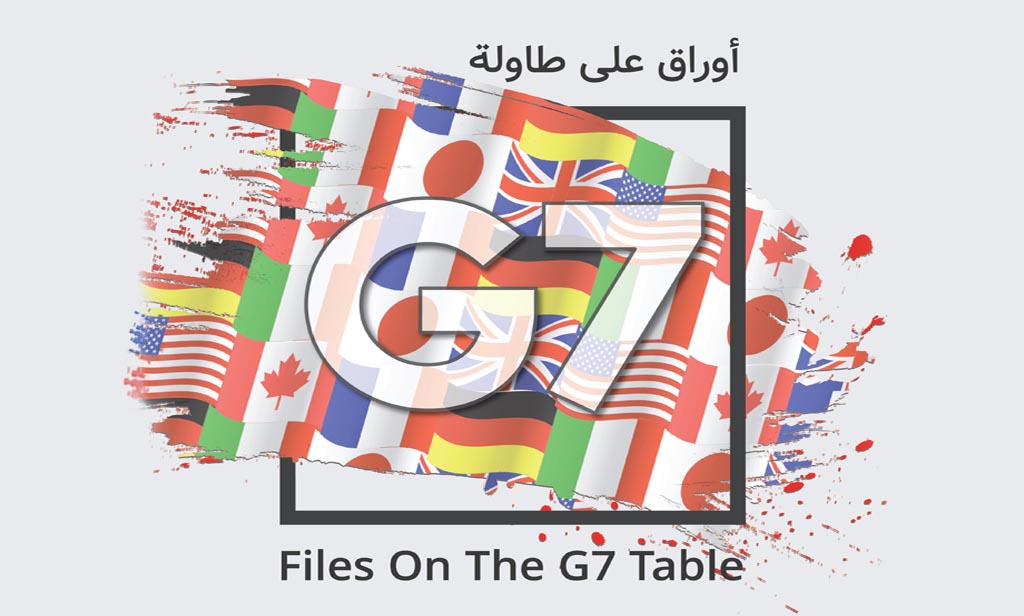
Files on the G7 Table
This file is an attempt to advance understanding and analysis towards assessing the role of the G7 in the rapid changes that the world is witnessing today, and to discuss whether this role is working to bring views closer together and achieve the common international interest or whether it is part of a series that is working to aggravate the status quo on the issue in question.

PRISM: The Challenges Facing 21st Century Military Modernization
STRATEGIECS Think Tank presents its translation of the esteemed PRISM journal, which specializes in national and international security studies, published by the National Defense University (NDU), where our team conducts translations of several select papers from the magazine into Arabic. Establishing this cooperation stems from STRATEGIECS and PRISM’s endeavor to expand the Arab-speaking readership of the journal. As such, STRATEGIECS will be the only Arab platform that offers PRISM content in Arabic, which will be regularly published on our website. The first paper addresses key challenges facing military modernization in the 21st century, using the Singaporean model as an example and highlighting essential questions policymakers must ask when deciding on a specific modernization program, amongst other relevant discussions.
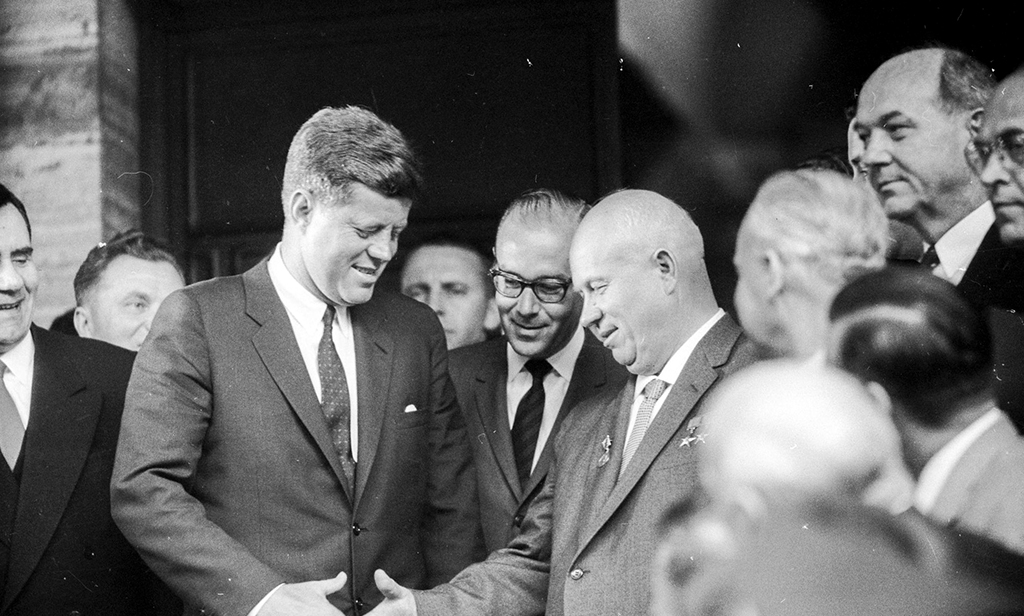
International Crises: Possible De-escalation or Heightened Tensions?
While offering a theoretical definition of the term "international crises" and the required criteria to categorize an event as an "international crisis", the report cites historical events of international crises that had negative and positive effects on the nature of major international interactions. The report also explains, in theory, the reason behind considering the Coronavirus epidemic as an international crisis, providing key lessons learned from past international crises, to expedite the process of economic and political recovery in the post-Coronavirus stage.
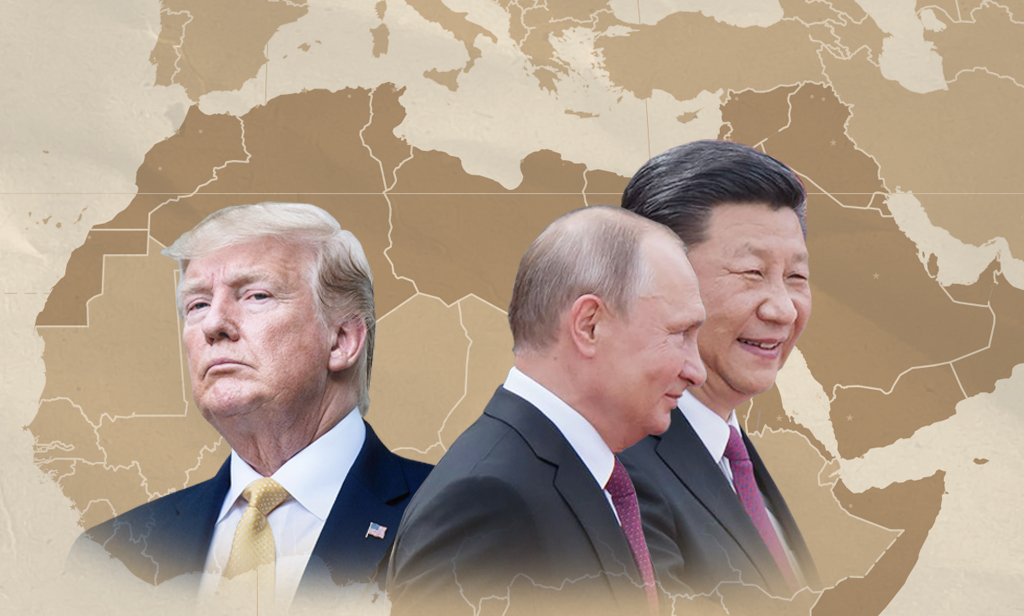
Strengthening Strategic Stability in the Middle East
For the last twenty years, the U.S. played the role of the guarantor of security in the Middle East, however, doubts increase over possible U.S. intent to disengage from the region, and despite signs of the U.S. remaining in the region, there are also solid indications of an intent to partially leave it. Thus, this paper assesses the hypothesis that the U.S. may seek to partially disengage from the Middle East, by proposing a set of strategic options should Washington increase its "partial disengagement" measures.
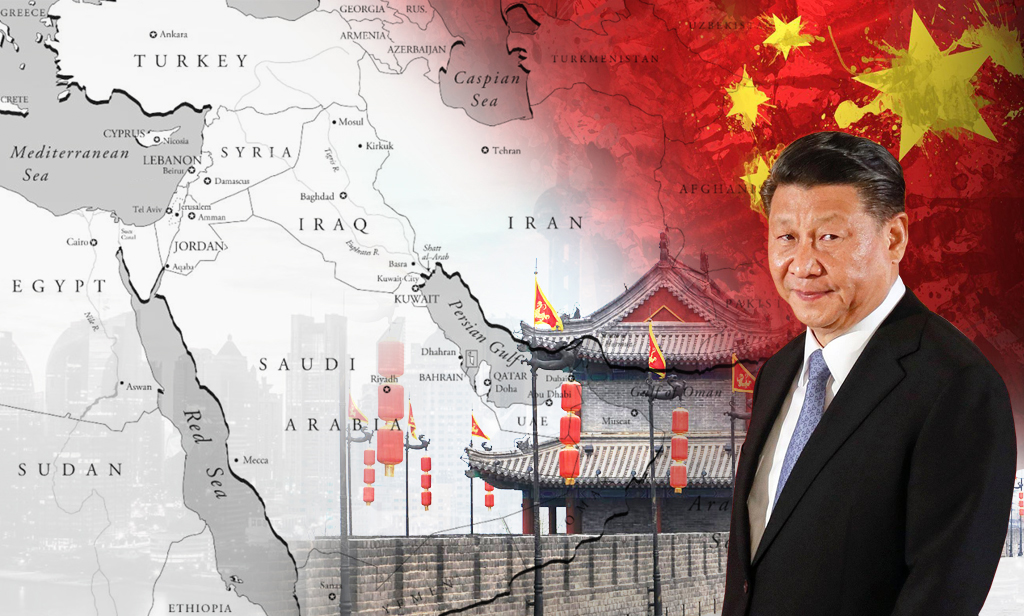
Analytical Perspective: China's Strategy in the Middle East
Previous studies on China's strategy in the Middle East are indeed few, as analyses focused on China's Belt and Silk Road initiative, however, these studies overlooked China's relations with the Middle East countries on the one hand and its role in the complexities of the region on the other. Therefore, this analytical perspective seeks to introduce key elements of China’s strategy in the Middle East, particularly the means and mechanisms of its engagement and partnerships in the region.
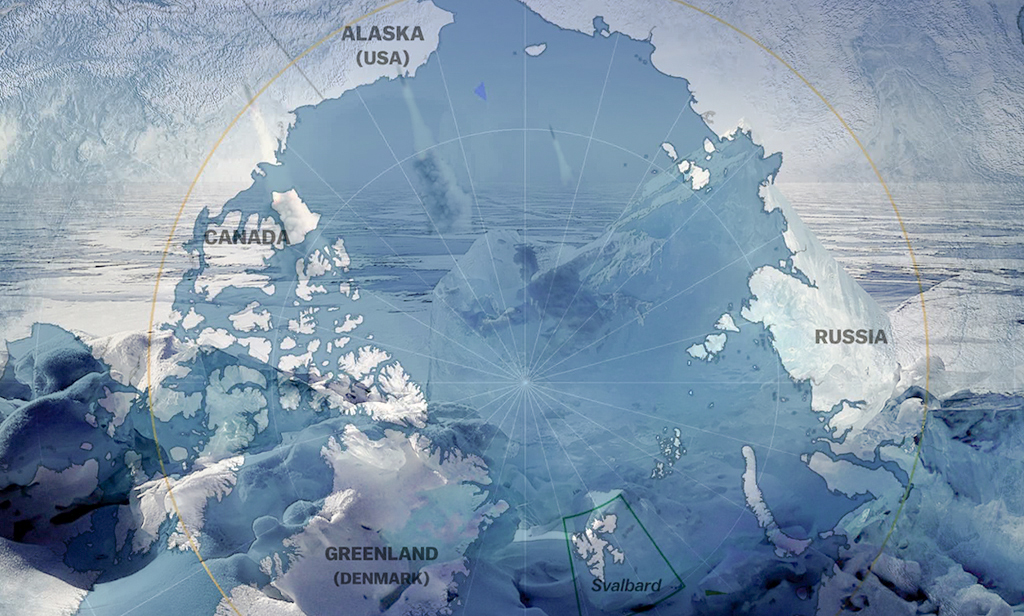
The Cold War in the Arctic Circle
Following the decline of a large proportion of its ice cover, will the Arctic Ocean become an arena for an arms race between the NATO and Russia? How will the Middle East region be affected by the climate change in the Arctic? This article discusses the strategic importance of the North Pole and answers the previous two questions.
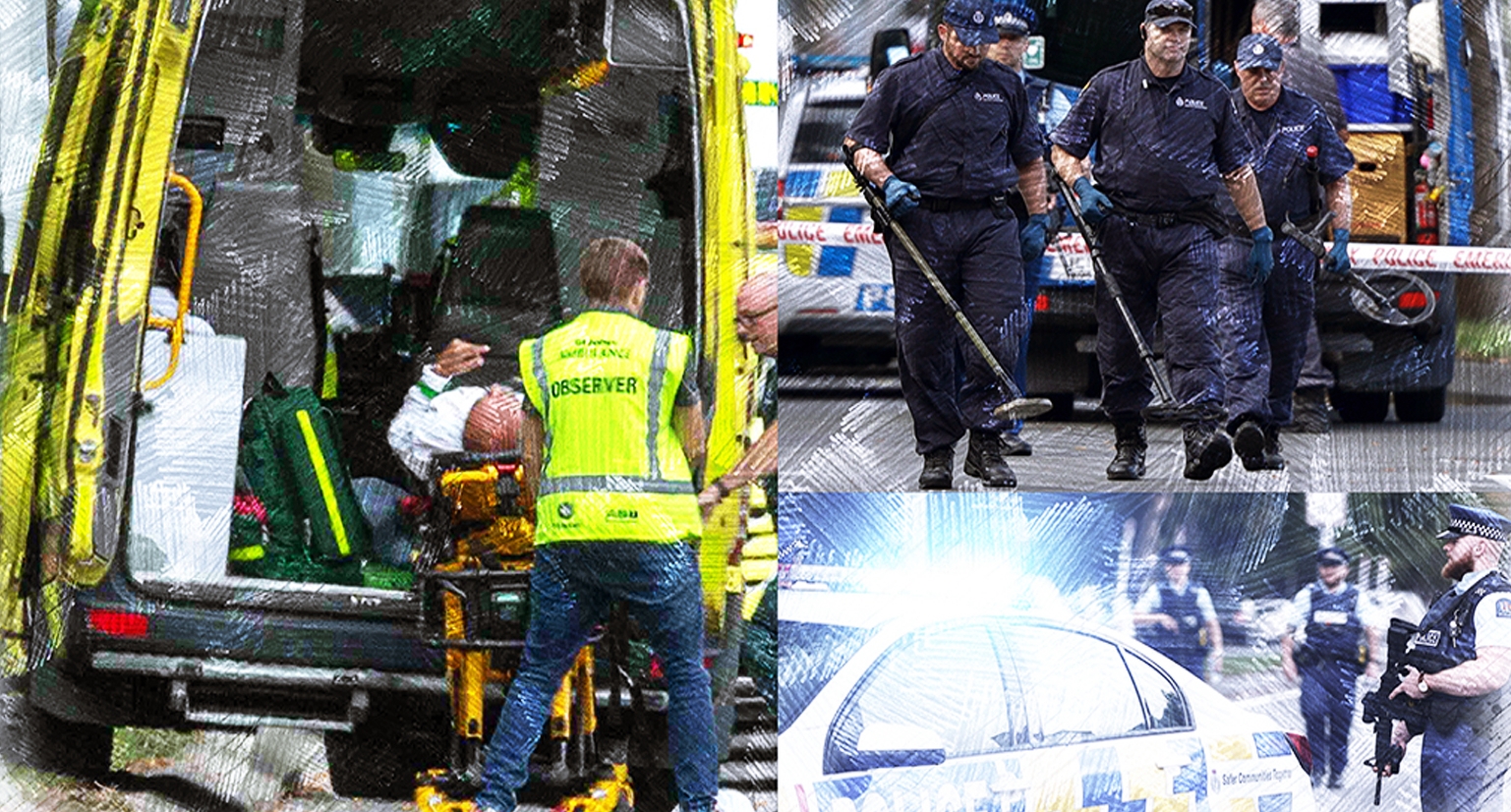
New Zealand Attack: A Manifestation of Transnational Terrorism
This paper examines the roots of the extremist ideology that influenced Brenton Tarrant, perpetrator of New Zealand's attack; it explores a comprehensive context that reveals political and social contradictions within Europe that encourage more violent extremism, which this attack manifests. The paper summarizes "The Great Replacement" manifesto posted by the terrorist on a social media platform prior to carrying out his attack. By adopting this terrorist plot as a case study, the paper addresses interactions between the attacker and the right-wing, discussing accuracy in classifying this operation as "lone wolf terrorism." Finally, the paper offers recommendations to contain this growing type of terrorism as part of international efforts to combat multi-faceted terrorism; these multiple facets nourish one another and attract more supporters that are influenced by ideological-based attacks, whose perpetrators become role models for extremists with various motives.

The Countdown to Brexit: Time Passes with No Positive Signs on the Horizon
This paper highlights the historical context of UK membership in the European Union up until the public referendum conducted on June 23, 2016, on UK withdrawal from the EU, known as Brexit. A step that has generated a state of uncertainty across the European continent, especially after nearly 46 years of membership, during which Britain partook in crafting thousands of laws and documents that regulate various international and interrelations among member states.